Let’s start with an easy question: Would you watch that show, video, or post in the company of your kids and your mom? Like, you’d feel all right with that? If the answer is NO, we need to talk, not as professionals or policy makers but as parents, citizens and custodians of what we leave behind for the next generation.
Negative Content is boosted because of (a) Algorithmic Amplification & Platform Design (b) Psychological Triggers (c) Cultural and Social Factors (d) Monetisation of the Content (e) Family & Community Disconnect
In the digital age, we have more access to art, information, and entertainment than ever before. However, the gap between freedom and filth has also blurred, similarly with expression and exploitation, and creativity and commodification of nudity..
The Digital Flood of Vulgarity :
In the last few years, OTT platforms and social media have been quietly flooded by vulgar, hyper-sexual or almost pornographic content. Movements that were once regarded as petty or strictly for adults are now seeing a clear push to wider cinemas under the garb of “bold” narratives or “realistic” cinema.
To prevent illegal broadcasting of adult films, the government has imposed a ban on 25 OTT platforms recently this July 2025. These platforms were not engaging in any art or taboo, breaking to inspire conversations. They were quite literally commercialising filth and bringing it into our homes, our pockets, our screens, without any warnings or age filters.
Here’s the Irony :
Many so called stars from Bollywood voiced opposition against an AI created deepfake of Rashmika Mandanna have stayed mum to these real and so clearly deliberate, more harmful ones that portray vulgarity on OTTs. Why this selective outrage?
Cases in Kerala have again shown us the grey area into which we have been pushed. In one performance art installation, a woman let her children paint her naked body. In another case, the cover of a magazine highlighted the woman breastfeeding in order to glorify motherhood.
The latter was met with mixed responses. Some people felt empowered by it while others questioned the stylisation, wondering if it actually advanced the cause of normalising breastfeeding, or was it just for virality.
The former, however, sparked deeper concern. The judges said that it was not legally obscene due to its “context.” But as a society, shouldn’t we ask ourselves what about the psychological experience of the children involved? But it sends an unintended message to all those millions consuming it without any regulation! Are we, more importantly, sanitising the abnormal simply because it’s wrapped in the garb of art?
Kids and families are the real victims :
Let’s not overlook the discreet impact this content has every day. Kids nowadays consume adult content on phones and tablets their parents give to them, usually unknowingly. Teenagers are bombarded with abuse language and misleading body standards by influencers who put ethics over engagement. Families that used to come together to watch the same TV channel are now divided both by their devices and mostly the unfiltered content.
This isn’t about policing morality. We need to take back our digital commons. This commons must reflect the dignity of our human values, not the lowest common denominator of voyeurism..
Regulation, Not Just Bans:
We at End Now Foundation don’t endorse blanket bans or censorship. We advocate ethical accountability. Regulation doesn’t prevent creativity from happening; it’s what ensures that art can thrive without violating the moral code of society.
We propose: Digital literacy programs for students, parents and educators are the most important one, as we cannot regulate what we don’t understand.
- We need a Digital Content Ethics Code, like that for films and television.
- Systems for verifying age that can’t be circumvented and actually work.
- All content platforms should have parental controls.
- Ethical verification for the OTT content by the third-party agency.
If platforms or content creators breach the norms for obscenity, they face legal consequences.
Final Thoughts: Discussing the Family Room Test :
Before we post, stream, or share, let’s remember this simple question again: Would it be suitable to watch in the family room?
Allow creators to remain edgy, if the edge is even ethical, respectful and responsible. A society that values freedom must protect its children too. As digital citizens, we all have a part to play in making the internet a place of dignity not just desire.
Disclaimer :
Authors views are deeply personal, shaped by his extensive experience in Digital Wellbeing. His expression reflects the growing concern and discomfort with the unchecked obscenity prevalent on digital platforms.



